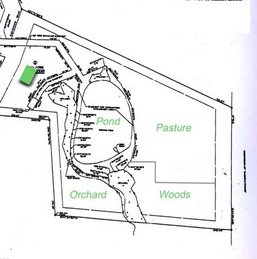I have a feeling more people watch
Bill Moyers Journal than read this blog, but I was so impressed by an interview that aired last night, I feel compelled to put in a plug for
CatalogChoice.org. Moyers interviewed Dan Katz, the Environmental Program Director of the Overbook Foundation. Overbook joined with the Kendeda Fund and the Merck Family Fund to create
CatalogChoice.org, an easy, free service that allows you to "opt out" of unsolicited catalogs, reducing the number of catalogs in your mailbox and lightening your footprint on the environment.
We receive a lot of catalogs, and at this time of year we are postively inundated. Once upon a time I used to enjoy receiving these, but that was before internet shopping made it easy to browse and buy. Now all those catalogs are just house clutter and a waste of natural resources. The CatalogChoice.org site offers a couple of interesting facts:
- Over eight million tons of trees are consumed each year in the production of paper catalogs.
- The production and disposal of direct mail alone consumes more energy than three million cars.
In the television interview, Katz recommended viewers, "take your catalogues, rip off the back page, recycle these, the big parts that you don't want, and you stack up the pages here that have your name and customer number on it. You go to the website, and you sign up. ... it would just take you a few minutes to opt out of the catalogues that you don't want to get."
It can take 10 weeks for an "opt out" request to take effect, but it's still a fantastic idea. I registered 5 catalogs we received yesterday, and will add more as they fill up our mailbox.




